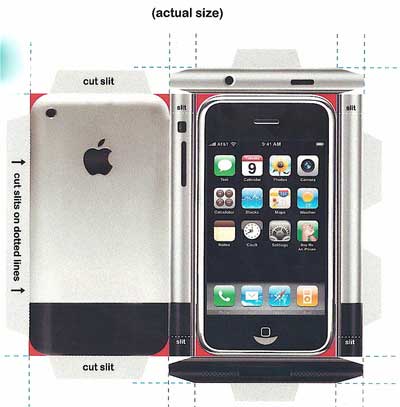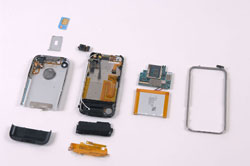Intelligent leader…
Mr Bush’s action serves to remind people of three of his weaknesses. One of them is his tendency towards cronyism, which led him to appoint a wholly unqualified friend to run the government’s disaster-relief agency. The consequences were disastrously manifest during the aftermath of Hurricane Katrina. Other examples include his failed attempt to appoint his own lawyer, Harriet Miers, to the Supreme Court. A second flaw is the hold that Mr Cheney appears to have over the man who is nominally his boss. The past few days have seen a series of articles in the Washington Post detailing the extent to which Mr Cheney has talked Mr Bush into bypassing all normal channels of debate to take questionable decisions.
A third effect of the decision, and perhaps the most serious, is that it reinforces the perception that Mr Bush sees himself and his cronies as above the law. Sometimes he has made this explicit, attaching “signing statements” to hundreds of bills sent to him by Congress asserting his right to interpret those bills as he deems fit. Sometimes he has done so covertly, wire-tapping Americans with no authorisation or permitting the use of torture with consequences felt at Abu Ghraib and in secret CIA prisons in black holes like Uzbekistan.
Perhaps, in the end, Mr Bush’s decision came down to a simple calculation that he has little left to lose. He is not seeking re-election, his approval ratings can barely go any lower, and any hopes for legacy-polishing bipartisan co-operation with Congress seem to have evaporated. So why should Mr Bush not please his few remaining friends and placate his vice-president by springing the loyal Mr Libby? It makes a kind of sense, but a deeply troubling one. What else, one wonders, might so isolated a president do before he goes?
That last question is what worries me.


